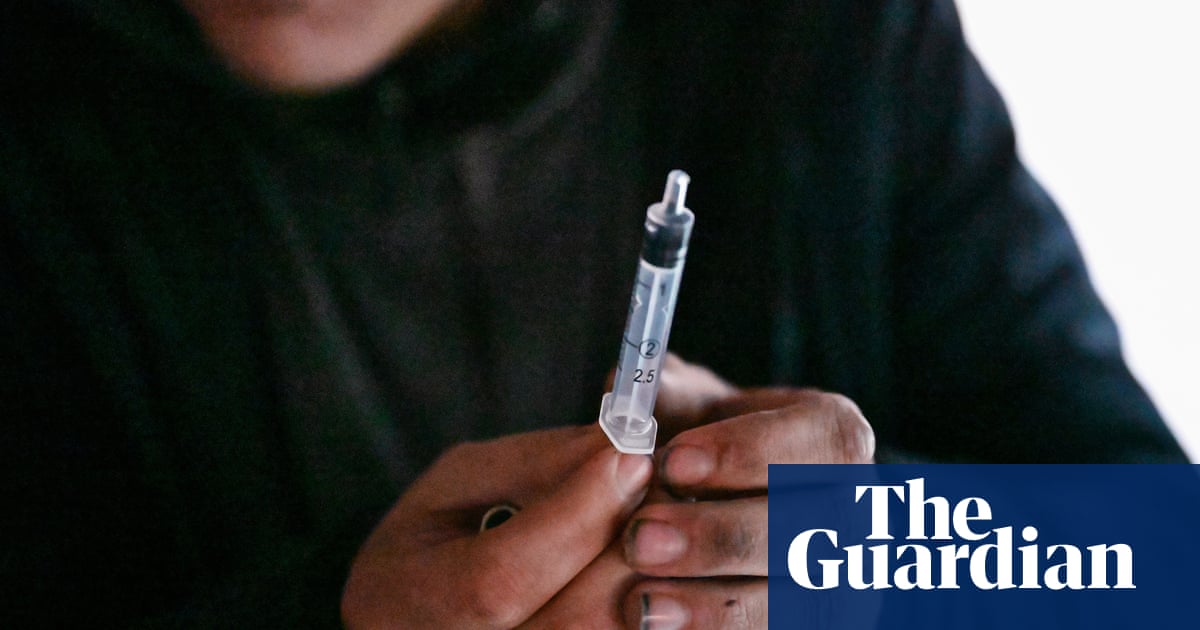
The Wildlife Trusts have bought part of the Duke of Northumberland’s son’s estate in the largest land sale in England for 30 years.
Marketed by its estate agents as “a paradise for those with a penchant for sporting pursuits, from world-class fishing on the illustrious River Coquet to pheasant and grouse shooting”, Rothbury estate has now been bought by the federation of charities, which plans to restore it for nature.
The Wildlife Trusts are buying the land in an unusual two-phase deal: having already bought a “significant” chunk of the 3,850-hectare (9,500-acre) estate, they have been given two years to find the rest of the money, for which they are launching a fundraising appeal. The estate was previously used for intensive sheep farming and shooting.
It was put up for sale by the Duke of Northumberland’s youngest son, Max Percy, and has been in the family for 700 years.
Craig Bennett, the chief executive of the Wildlife Trusts, told the Guardian: “Our vision is to create an absolutely astonishing national flagship for nature recovery. It will be around two-and-a-half times the size of the [rewilded] Knepp estate and we are very excited to get ecosystems working again. If we get the whole site we will be looking at 9,500 acres.”
Bennett said he hoped to work with neighbours to create a giant haven for wildlife. “We hope the Rothbury estate will be the heart of a flourishing national landscape; it’s neighboured by two National Trust properties, for example, so we will work with them. We want Northumberland to become an amazing destination for eco-tourism. We want to create something really spectacular at a much bigger scale than has ever been done before in England. This is an extraordinary once-in-a-generation opportunity to restore nature.”
Shoots would not be allowed on the estate and the farming would be regenerative only, Bennett said. “Obviously [allowing shoots] would not be appropriate for the Wildlife Trusts. We hope to showcase nature-friendly farming and conservation grazing and produce fruit, vegetables and some sustainable meat for local people.”
The current purchase includes the Simonside Hills and a mixture of lowland, woods, riverside and farmland – the western side of the estate. Notable wildlife includes curlews, red grouse, merlins, cuckoos, mountain bumblebees, emperor moths and red squirrels.
Public access would be maintained by the Trusts. Being sold to one charity rather than broken up and sold to individual landowners meant access could be protected for future generations, the trusts said.












